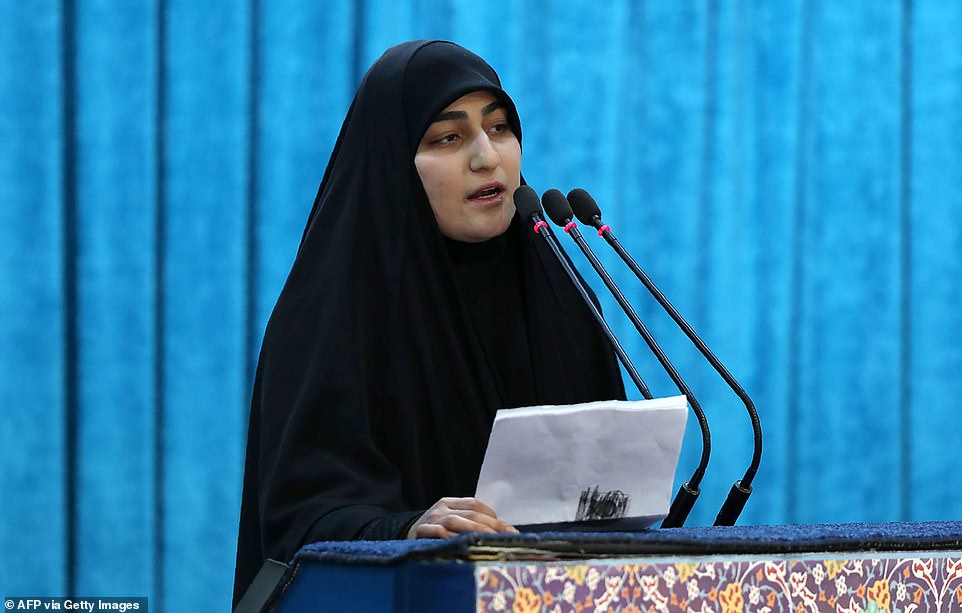The Iranian general, Esmail Ghaani who replaced the slain Quds force leader killed by a U.S. airstrike in Baghdad, Qassem Soleimani, has vowed to take
The Iranian general, Esmail Ghaani who replaced the slain Quds force leader killed by a U.S. airstrike in Baghdad, Qassem Soleimani, has vowed to take revenge as Tehran abandoned the remaining limits of its 2015 nuclear deal with world powers in response to the slaying. This is just as Iraq’s parliament has called for the expulsion of all-American troops from Iraqi soil.
These developments could bring Iran closer to building an atomic bomb, set off a proxy or military attack launched by Tehran against America and enable the Islamic State group to stage a comeback in Iraq, making the Middle East a far more dangerous and unstable place.
Soleimani’s daughter, Zeinab, directly threatened an attack on the U.S. military in the Mideast while speaking to a crowd of hundreds of thousands in Tehran that stretched as far as the eye could see.
“The families of U.S. soldiers in the Middle East will spend their days waiting for death of their children,” she said to cheers.
Ghaani made his remarks in an interview with Iranian state television aired Monday.
“God the almighty has promised to get his revenge, and God is the main avenger. Certainly actions will be taken,” he said.
Ghaani now serves as the head of the Revolutionary Guard’s Quds Force, an expeditionary arm of the paramilitary organization answerable only to Iran’s Supreme Leader Ayatollah Ali Khamenei. As Soleimani’s longtime deputy, Ghaani has been sanctioned by the U.S. since 2012 for his work funding its operations around the world, including its work with proxies in Iraq, Lebanon and Yemen.
Those proxies likely will be involved in any operation targeting U.S. interests in the Mideast or elsewhere in the world.
